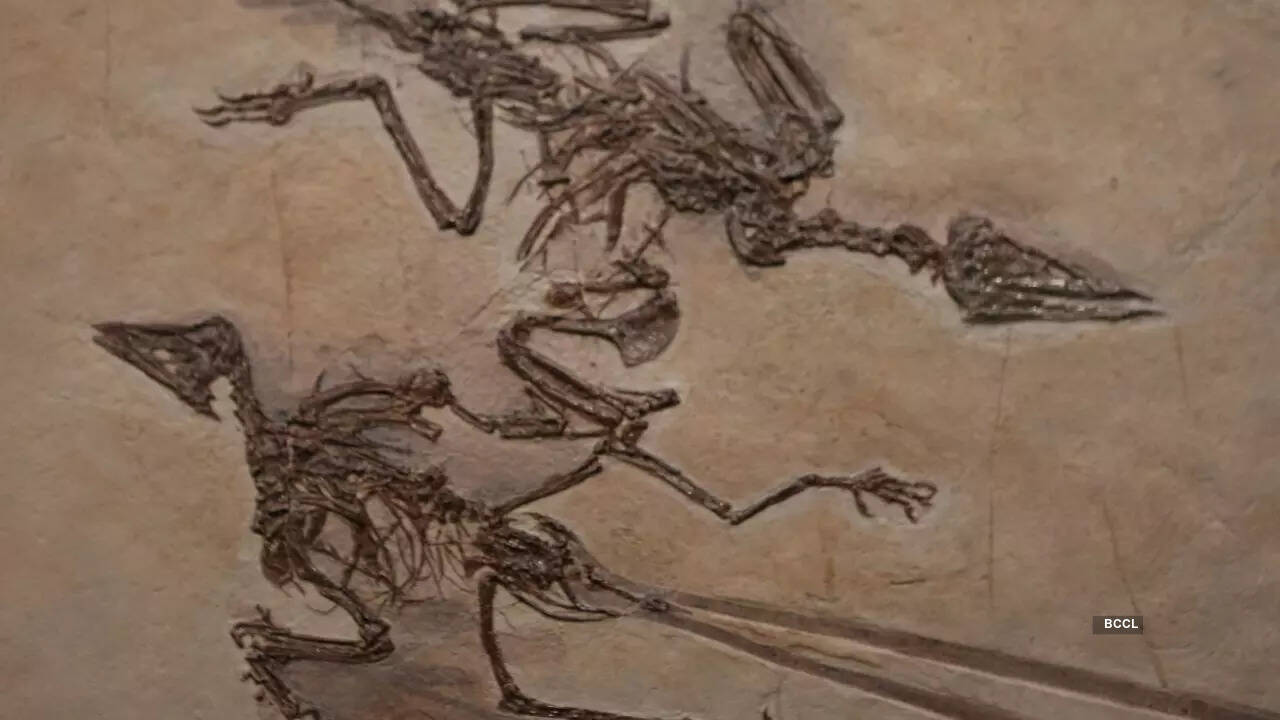Commenting on the new findings, Mark Loewen, a Palaeontologist from the University of Utah, notes the uniqueness of this ancient animal. Fujianvenator displayed unusual traits, such as long legs and the potential inability to fly, challenging conventional bird-evolution narratives.
Although most dinosaurs had disappeared 66 million years ago, theropods, a group characterized by three claws and hollow bones that includes Velociraptor and Tyrannosaurus rex, had already begun to evolve into modern birds. Many experts recognize Archaeopteryx, a 150-million-year-old feathered dinosaur found in Germany, as the first bird. However, Loewen stated that the recent discovery suggests that bird-like dinosaurs had already diversified into various forms by the time Archaeopteryx emerged.
Palaeontologist at the Chinese Academy of Sciences, Hailu You, one of the co-authors of the study, suggests that bird-like dinosaurs during the Jurassic period may have occupied different ecological niches, making early bird evolution a complex process.
Fujianvenator prodigiosus’s notable features

While the Fujianvenator fossil lacks a head and a complete tail, its body and limbs share characteristics with other bird-like dinosaurs. These similarities include finger lengths, pelvic features, and vertebral details. However, it lacks several adaptations necessary for flying. But it did have shortened shoulder blades and specialized fingers for gripping.
Most notably, Fujianvenator possessed hyper-elongated hind legs, with its tibia being twice as long as the thigh bone, indicating it might have been an adept runner.
The discovery of this dinosaur was a stroke of luck, as it was found in a site near Nanping, where no previous dinosaur fossils had been uncovered. Late-Jurassic bird-like dinosaurs are rare in the fossil record due to their fragile, hollow bones, which do not preserve well. Fossilization necessitates specific conditions, such as the absence of oxygen to prevent decay, which lakes or swamps can provide.
Bhart-Anjan Bhullar, a Palaeontologist at Yale University said, “Even at their earliest stages, the closest fossil relatives of birds were diversifying in interesting ways. There are many, many such things left to be discovered,” he says. “We’ve only scratched the surface of the anatomical and lifestyle diversity of these animals.”

